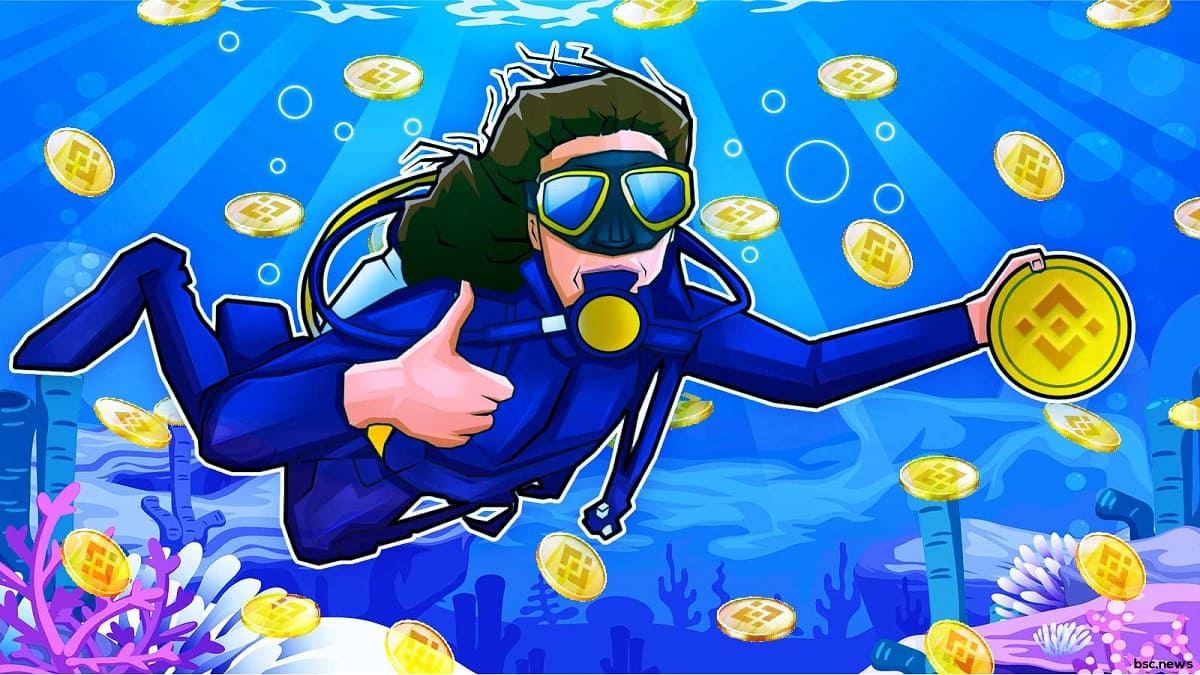Welcome to the exciting realm of decentralized finance, where traditional financial systems meet cutting-edge blockchain technology. In this guide, we will take you on a journey into the world of DeFi tokens, offering valuable insights, tips, and strategies for successful trading and investment. Whether you’re a seasoned trader or a curious newcomer, this article will equip you with the knowledge and expertise to navigate the DeFi landscape effectively.
Diving into DeFi: Trading Decentralized Finance Tokens
Understanding DeFi
Decentralized Finance, or DeFi for short, is a revolutionary concept that aims to decentralize traditional financial systems. It leverages blockchain technology to provide open and accessible financial services, eliminating the need for intermediaries like banks. DeFi encompasses various financial activities, such as lending, borrowing, and trading.
| Term | Definition | Importance | Examples |
| DeFi | Short for Decentralized Finance, it refers to the use of blockchain technology and cryptocurrencies to recreate traditional financial systems without the need for intermediaries like banks. | DeFi is revolutionizing finance by making it more accessible and transparent. | Popular DeFi projects include MakerDAO, Compound, and Aave. |
| Smart Contracts | Self-executing contracts with the terms and conditions of the agreement directly written into code. In DeFi, smart contracts automate various financial transactions. | Smart contracts are the backbone of DeFi, ensuring trustless and secure interactions. | Ethereum’s ERC-20 tokens use smart contracts to enable token creation and management. |
| Liquidity Pools | Pools of funds provided by users to facilitate decentralized trading. Liquidity providers earn fees for their participation. | Liquidity pools enable efficient trading and token swaps on decentralized exchanges (DEXs). | Uniswap and PancakeSwap are popular DEXs that rely on liquidity pools for trading. |
| Yield Farming | A DeFi strategy where users provide liquidity to DeFi platforms and earn rewards, often in the form of additional tokens. | Yield farming offers the potential for high returns but also comes with risks. | Yearn Finance’s Vaults and Compound’s COMP farming are examples of yield farming opportunities. |
This table provides a brief overview of key terms related to understanding DeFi, their importance, and real-world examples to illustrate their usage.
The Rise of DeFi
The DeFi sector has witnessed exponential growth in recent years, with an increasing number of projects and tokens entering the market. This surge in popularity can be attributed to the transparency, security, and accessibility offered by DeFi platforms.
Benefits of DeFi Trading
Trading DeFi tokens offers several advantages, including:
- Liquidity: DeFi markets are highly liquid, allowing for quick and efficient trading.
- Accessibility: Anyone with an internet connection can participate in DeFi trading.
- Transparency: Blockchain technology ensures transparency, reducing the risk of fraud.
- Diversification: DeFi tokens represent a wide range of assets, enabling portfolio diversification.
Getting Started with DeFi Trading
To embark on your DeFi trading journey, follow these steps:
1. Choose a Secure Wallet
Select a reputable DeFi wallet to store your tokens securely. Popular options include MetaMask and Trust Wallet.
2. Research DeFi Projects
Thoroughly research DeFi projects and tokens before investing. Understand their goals, technology, and community support.
3. Create a Diverse Portfolio
Diversify your DeFi portfolio by investing in various tokens. This minimizes risk and maximizes potential gains.
4. Stay Informed
Stay updated with the latest news and developments in the DeFi space. Join forums, follow influencers, and read whitepapers.
5. Use Decentralized Exchanges (DEXs)
Utilize decentralized exchanges like Uniswap and SushiSwap for trading DeFi tokens. These platforms offer greater control and security.
6. Manage Risk
Set stop-loss orders and establish risk management strategies to protect your investments.
Common Challenges in DeFi Trading
While DeFi trading has numerous benefits, it also comes with challenges, including:
- Volatility: DeFi markets can be highly volatile, leading to sudden price fluctuations.
- Security Risks: DeFi platforms are susceptible to hacks and smart contract vulnerabilities.
- Regulatory Uncertainty: The regulatory landscape for DeFi is evolving and can impact trading activities.
FAQs (Frequently Asked Questions)
Q: What is the minimum investment required for DeFi trading?
A: There is no fixed minimum investment in DeFi. You can start with as little as a few dollars.
Q: Are DeFi tokens safe from hacks?
A: While DeFi tokens use robust security measures, there is still a risk of hacks. Use secure wallets and exchanges to mitigate this risk.
Q: Can I earn passive income through DeFi?
A: Yes, DeFi offers various opportunities for passive income, such as yield farming and staking.
Q: Is DeFi regulated by governments?
A: DeFi operates in a relatively unregulated environment, but regulatory changes may occur in the future.
Q: What are some popular DeFi tokens to consider?
A: Popular DeFi tokens include Ethereum (ETH), Chainlink (LINK), and Aave (AAVE).
Q: How can I keep my DeFi investments secure?
A: Use hardware wallets, enable two-factor authentication, and stay vigilant against phishing attempts.
Diving into the world of DeFi trading can be a rewarding experience, but it’s essential to approach it with caution and knowledge. By understanding the fundamentals, staying informed, and managing risk, you can make informed investment decisions and unlock the potential of decentralized finance. Embrace the future of finance and explore the world of DeFi today!

